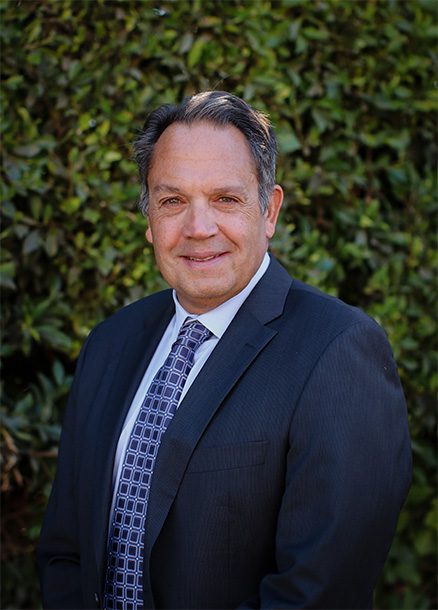Testamentary Capacity
Posted on: August 31, 2020
Botti & Morison Estate Planning Attorneys, Ltd.
Whenever one embarks on the process of creating an estate plan, whether it is in the form of a comprehensive, integrated plan featuring a Living Trust at its core, or a more simple plan utilizing a Last Will, perhaps the most basic foundational assumption is that the person evidencing their intentions with respect to the disposition of the assets they leave behind possesses the requisite mental acuity to act in this regard. Interestingly, however, there is a significant difference in the way the governing law, as set forth in the California Probate Code, defines the level of capacity that the creator of an estate plan (the “testator”) must possess, depending on whether the dispositive instrument is a Last Will or a Living Trust.
Historically, the capacity standard for Wills has been relatively low. In California the standard is set forth in the California Probate Code Section 6100.5, which provides that a testator has the capacity to make a Will if he or she can (1) understand the nature of the testamentary act, (2) understand and recollect the nature and situation of his or her property, and (3) remember and understand his or her relations to immediate family members and those whose interests are affected by the Will. This is known as “testamentary capacity.”
In that the creation of a Living Trust is technically regarded as the establishment of a contractual relationship between the trustor and the trustee (in most cases, the same person or people), the capacity standard is higher, and requires that the individual be able to communicate, understand and appreciate (1) the rights, duties and responsibilities created or affected by his or her decision, (2) the probable consequences of the decision, and (3) the significant risks of, benefits of, and reasonable alternatives to the decision. California Probate Code Section 812. This is often referred to as “contractual capacity.”
As estate planning practitioners, one of the more significant responsibilities we face is to make a determination as to a testator’s possession of the requisite capacity to execute the documents they have evidenced a desire to implement. This is an essential determination, inasmuch as any documents executed by a testator who lacks the required capacity may be subsequently invalidated, thus resulting in less than optimal outcomes – including the need for a probate proceeding based on the rules of intestacy (see the previous blog regarding that topic).
Further, as one might expect, testators who have marginal testamentary capacity are susceptible to undue influence that often results in outcomes that differ from what the testator may have intended. Naturally, our objective as estate planning attorneys is to craft legally enforceable documents that direct the disposition of assets in the way the testator intends (with the person or people that the testator deemed appropriate to serve as executor or successor trustee). Inherent in that objective is the good-faith belief, based on personal experience, that the testator possesses the requisite capacity.
As one might expect, in real-world applications, the stated outcome of testator’s estate plan may factor into a practitioner’s determination of capacity – if the testator wishes to divide her estate equally among her three children, the “capacity threshold” may be deemed lower than if the testator expresses her intent to divide her estate equally among two of her three children, while disinheriting the third. This is because a collateral challenge to the documents based on an assertion of testator’s lack of capacity is significantly greater since, in this example, testator disenfranchised one of her children.
So, what’s the “takeaway?” Don’t wait to establish your estate plan – one should always try to avoid issues such as lack of testamentary or contractual capacity, and the best way to eliminate that concept from becoming an issue is to establish your plan while there is no doubt as to your capacity.
If you have any questions or would like more information, please don’t hesitate to call (877-585-1558), email us or register to one of our free webinars or workshops.
By Paul Morison







